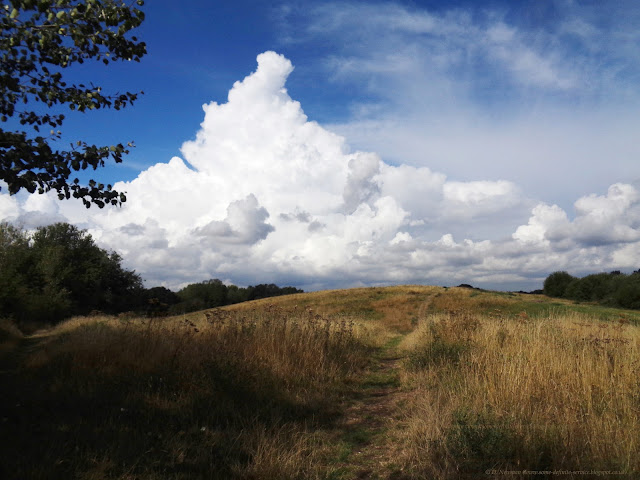I have nothing original to say about what has just flared into horrible flames in the east of our continent; only that I share the general horror at the sight of the face of Europe suddenly disfigured once again by ‘conventional’ territorial warfare between nations. Once again the world’s hard law asserts itself: that peace is fragile; that brute force is the plaything of the tyrant; that we cannot solve our problems by ourselves.
The days are turning slowly at the moment, and there is a lurid, unreal gleam to them as the nightmare unfolds. The shock of naked evil takes time to sink in. I understand only in outline the background to this crisis, but whatever the legitimacy of Russia’s complaints hitherto, and whatever the misbehaviour of Ukraine or the impertinence of the West, nothing justifies this campaign of outright and wholesale military aggression, let alone the very nasty weapons and tactics that are being used. Archbishop John Wilson of Southwark puts it plainly: ‘This is outrageous. It is outrageous before Almighty God, it is outrageous before the world.’
Yet no swift or easy end seems likely, not now that the invasion force has been committed. This shows every sign of being a long and bitter and ruinous struggle, with impossible cost to life and limb. Thus opens yet another chapter in the tragic histories of both Ukraine and Russia.
Somehow, although the conflict is far to our east in Britain, it reaches close to home in certain ways: for me, most obviously with respect to my Ukrainian neighbours, who still have relatives in their homeland. I was startled, too, to read news of the Polish composer Paweł Bębenek, who on the day the invasion began was in the Ukrainian capital to conduct one of his singing workshops, just like the one I attended when he came to London last October. Hearing news of the invasion, he knew he had to leave straightaway. After a fortunate but desperate escape in a Polish diplomatic car, he is now safe at home, but it seems to have been a close-run thing. (I now understand more fully why, at one moment during the London workshop, he mentioned the anxiety and suffering of Ukraine, briefly but with much feeling). One way and another, this catastrophe does not feel as remote as it might have done.
Despite this, or perhaps because of it, there is a feeling of powerlessness at this remove. Contribution to the humanitarian efforts (Caritas, Aid to the Church in Need, the Disasters Emergency Committee, of which CAFOD is a member) is one obvious and valuable way to help. But it occurs to me that it would also be an idea, if we have the opportunity, to think imaginatively about the sort of help that could be given. We could, for example, favour with our patronage any Russian local or family businesses that may be nearby, and thus reassure their owners, and remind ourselves, that a nation is more than any crazed madnesses of its government. So far we have generally been good at remembering this (including my neighbours, to their great credit), but we know how human beings can be: such reassurance will do no harm. Russia too is a noble country and its ordinary citizens deserve better than the present leadership; they should not be blamed for Russia’s disgrace.
One other thing we can do is to keep going about our lives with care and purpose. It has occurred to me before that in my work as an archivist, one good catalogue record added is one small deed done for order against chaos, for truth against falsehood, for good against evil. In no way is this equivalent to the valour of a soldier defending his homeland, but it is something; and the same goes for everyone. It also aligns with the words of the poet-priest Malcolm Guite in the video below, in which he discusses C. S. Lewis’s exhortation, appropriately enough in a sermon of 1939, not to abandon poetry and beauty in times of tribulation. We in Britain may not be directly engaged militarily in this new war, but we are engaged always in the great cosmic battle, in which every sound line of verse, every sweet bar of music, every true word, every good deed, every laugh, every tear, every prayer carries its weight. And it is on this plane of existence that war itself ultimately begins and ends. For, as Archbishop Wilson also points out, just as all war is fundamentally conceived in the heart, so too in the heart alone can it truly be ended. Let it be so, let it be so.


